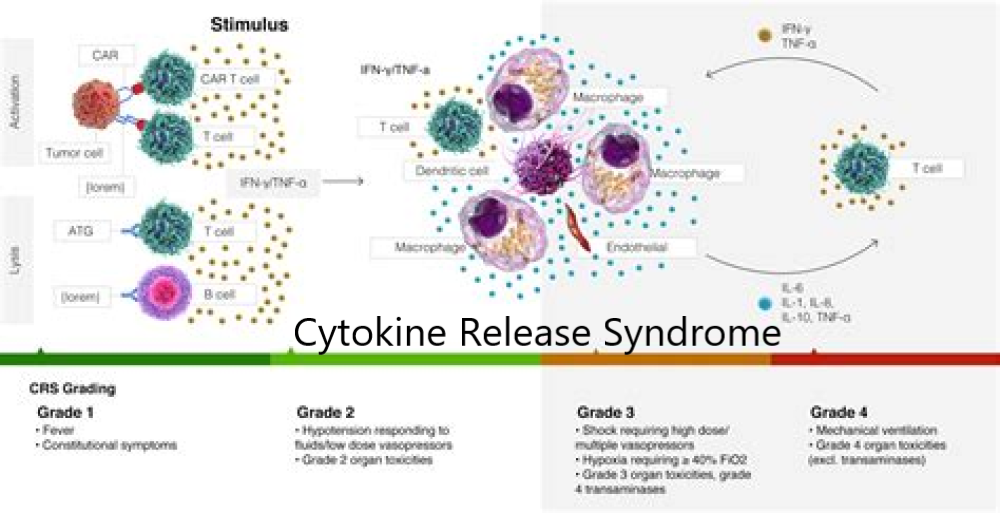Authors: Sarah Bradley
The news cycle is heavily saturated with stress-inducing information about COVID-19, but one of the most worrying aspects so far has been the huge disparity in the way the novel coronavirus presents itself: Why do some people have no symptoms (or only mild ones), while others are so sick they require ventilation?
There isn’t a definitive answer, but many experts suspect our own immune system is to blame for the intense illnesses some people are experiencing. The immune system is there to help us fight infection—and usually it does—but sometimes it goes rogue, wreaking more havoc than the disease itself.
It’s called cytokine storm syndrome (known more broadly as a cytokine storm), and although no one knows for sure how many COVID-19 patients are becoming very ill as a result of this escalated immune response, it’s reasonable to assume that the condition’s responsible for at least some of the coronavirus-related fatalities we’ve seen. Here’s everything you need to know.
What is a cytokine storm?
Whenever a healthy body is fighting an infection, there’s a natural immune system response that occurs. According to Carl Fichtenbaum, MD, professor in the division of infectious diseases at the University of Cincinnati College of Medicine, part of this response involves releasing cytokines, biological chemicals that stimulate cell pathways and allow for communication between cells. These cytokines, according to the American Cancer Society, essentially signal the immune system to start doing its job.
Again, that’s normal—unless this outpouring of cytokines suddenly becomes accelerated. “Normally, cytokines are meant to be helpful to us in moderation,” explains Dr. Fichtenbaum, “but when a certain pathway is engaged [too much] the immune system starts causing damage to the patient.”
For More Information: https://www.health.com/condition/infectious-diseases/coronavirus/cytokine-storm
